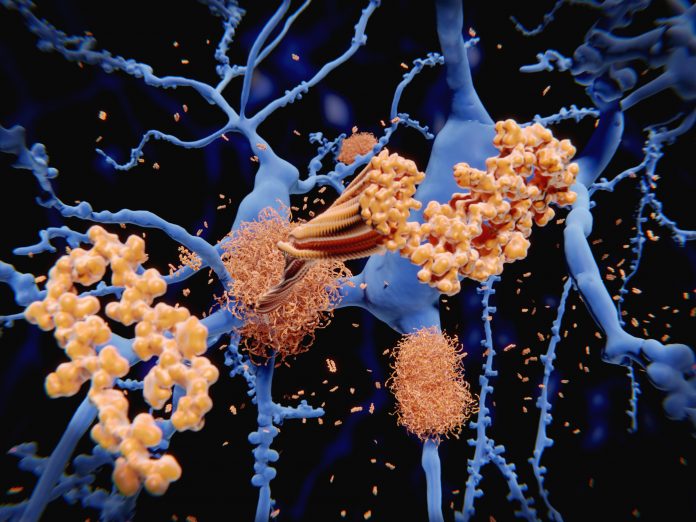If you like tossing your eggs in butter, you may want to change that to olive oil. Going by recent research in Nature Medicine, swapping saturated animal fats with plant-based unsaturated fats can lower blood cholesterol and prevent both cardiovascular disease and diabetes.
The research is significant because it just reinforces how a Mediterranean-style diet is both heart and diabetes-friendly, says Dr Sweta Budyal, consultant endocrinologist and diabetologist, Fortis Hospital, Mumbai.
How does switching over to plant-based unsaturated fats help the heart?
Plant-based fats from sources like nuts, olives, avocadoes, pumpkin seeds and safflower contain monounsaturated fats (MUFA), which lower bad cholesterol (low density lipoprotein or LDL), triglycerides and raise good cholesterol (high density lipoprotein or HDL). Oils derived from soyabean, sunflower, flaxseeds and walnuts contain polyunsaturated fatty acids like Omega 3 and Omega 6. Compounds like phytosterols, tocopherols and phenolic compounds reduce plaque deposits in arteries and inflammation. These help HDL cholesterol scoop up bad cholesterol from arteries and send them to the liver for disposal.
How can plant fats help in reducing the incidence of Type 2 diabetes?
That’s because of their anti-inflammatory and antioxidant compounds. They have beneficial effects on the GLP-1 hormone, which stimulates glucose-dependent insulin release from the pancreas.
Since fat is very high in calories, with each gram of fat providing more than twice as many calories compared to protein and carbohydrates, animal fats are to be avoided. They could cause weight gain over time and affect your diabetes control.
The study mentions the development of a multi-lipid score (MLS) to evaluate the effects of dietary fats on blood lipids. How will it help in assessing patient health?
In routine clinical practice, doctors generally obtain a full lipid panel from blood but use only LDL cholesterol levels in decision-making. MLS integrates information from several types of lipid parameters. So a high MLS score is linked to a six-fold stronger reduction in heart disease risk (32 per cent vs 5 per cent) and five-fold stronger reduction in Type 2 diabetes risk (26 per cent vs 5 per cent).
Based on the findings, what specific dietary changes would you recommend?
Cut down refined carbohydrates and saturated fats significantly. Avoid processed and ultra-processed food completely. Eat a diet rich in leafy green vegetables, fruits, proteins, whole grains and legumes.
What are other benefits of using plant-based unsaturated fats?
Beyond reducing the risk of heart disease and diabetes, they can improve longevity, quality of life and lower the risk of cancers. They can reduce the risk of obesity, high blood pressure and polycystic ovary syndrome (PCOS).
A Harvard study of 90,000 people over 22 years had shown that a higher intake of plant-based fats was associated with a 16 per lower risk of all-cause mortality. In contrast, animal-based fats were linked to a 21 per cent higher risk of dying from any cause.
© The Indian Express Pvt Ltd
First uploaded on: 19-07-2024 at 07:26 IST










